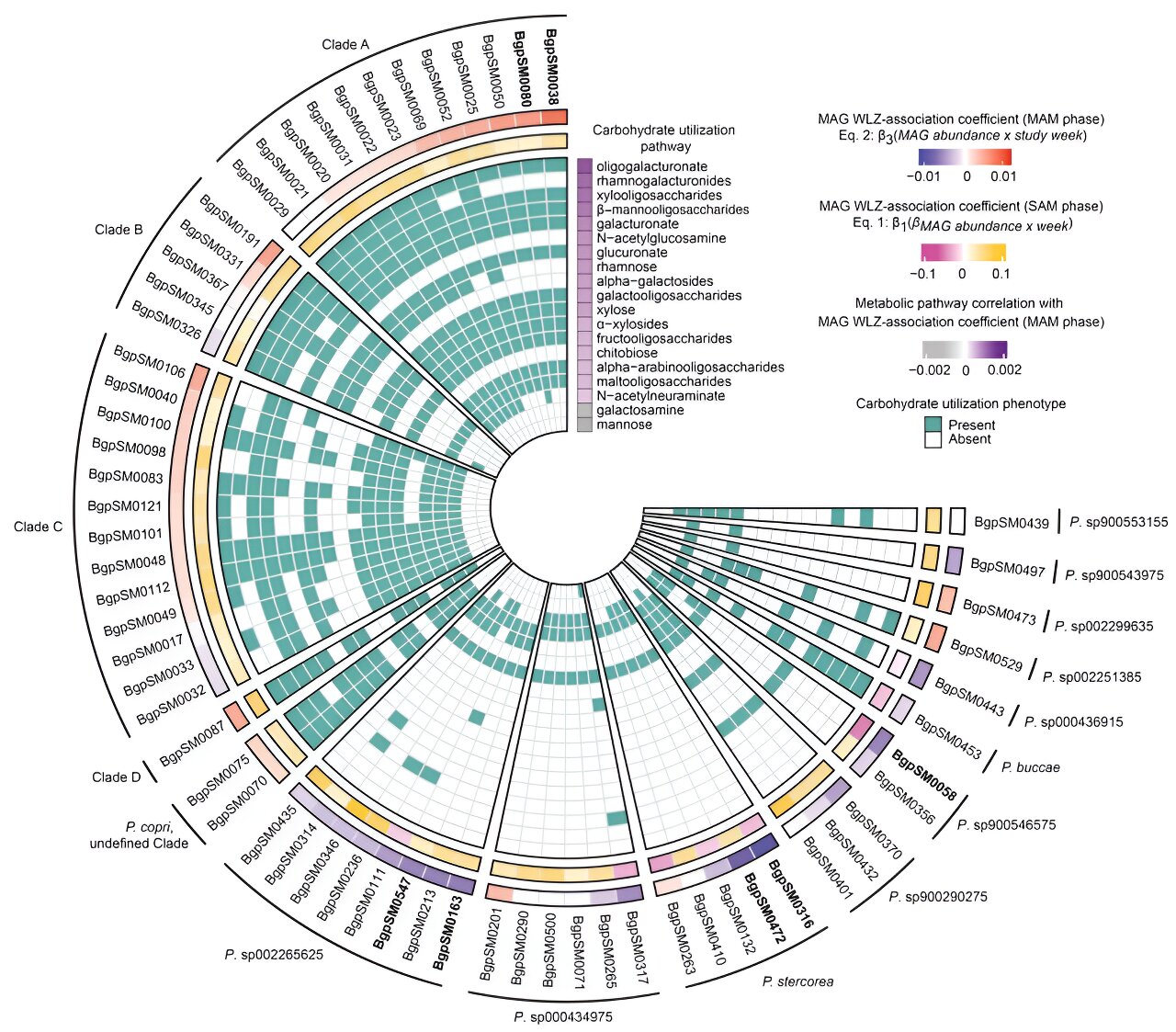More than 380,000 babies are born prematurely in the United States each year, according to the March of Dimes. “Preemies” can be severely underweight babies and struggle to get the nutrients they need from breast milk alone, so neonatal intensive care units provide an additional milk fortifier, either in the form of cow’s milk or manufactured from donor breast milk, to keep them healthy.
Now, a new research study from the University of Missouri and University College in London suggests that using a human-based milk fortifier has better health outcomes for severely underweight, premature babies compared to traditional, cow-based milk fortifiers.
Jan Sherman, a professor in the MU Sinclair School of Nursing, collaborated with Alan Lucas, a professor at University College in London, to perform a meta-analysis on various studies involving more than 450 severely underweight, premature babies in the United States, Canada and Austria who received either traditional cow-based milk fortifiers or human-based milk fortifiers.
By comparing their health outcomes, they found that the babies who were fed cow milk fortifiers were more than three times as likely to develop necrotizing enterocolitis, a life-threatening intestine disease, and more than twice as likely to develop retinopathy of prematurity, an eye disorder that can lead to blindness.
“Everyone wants what’s best for these underweight, premature babies, and choosing the best type of milk fortifiers for feeding can help lead to improved health outcomes,” said Sherman. “Nearly half of neonatal intensive care units in the United States, including the one at MU Children’s Hospital, are already using human-based milk fortifiers. If we can reduce these cases of necrotizing enterocolitis, if we can preserve their eye sight and reduce the risk of infection, that will benefit the babies’ health in the long term.”
Neonatal intensive care units can use this research in evaluating the nutritional supplements they give to severely underweight, premature babies, who have a higher risk of death or disease than babies born after a full nine-month pregnancy.
“Our research is geared toward better understanding if we can avoid cow’s milk fortifiers while still feeding premature infants well,” said Lucas. “The most current evidence suggests that a diet with entirely human milk and enriched feeds manufactured from donated human milk will meet the nutritional needs of the baby without the potential negative health effects that can come with a cow milk fortifier.”

